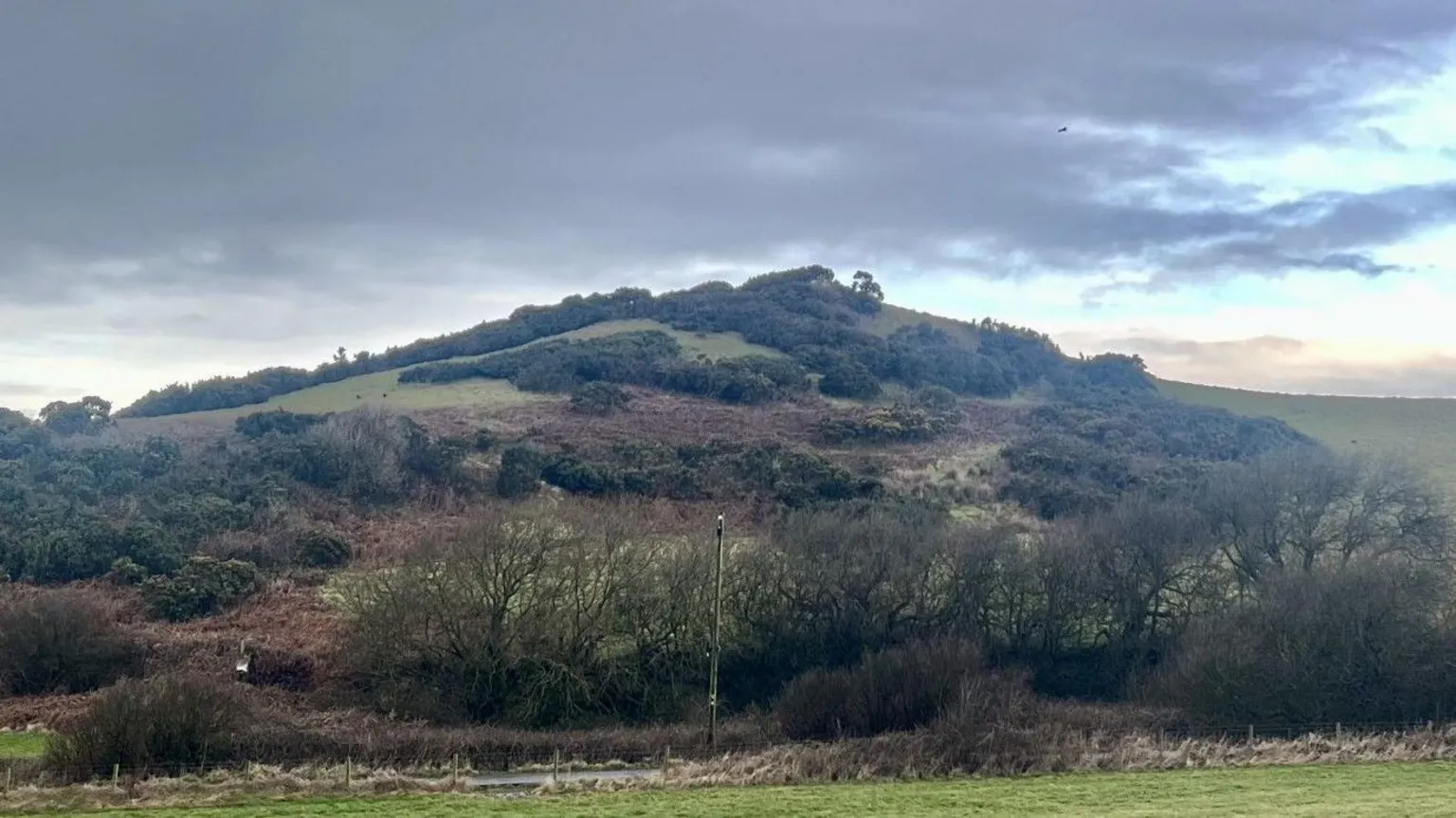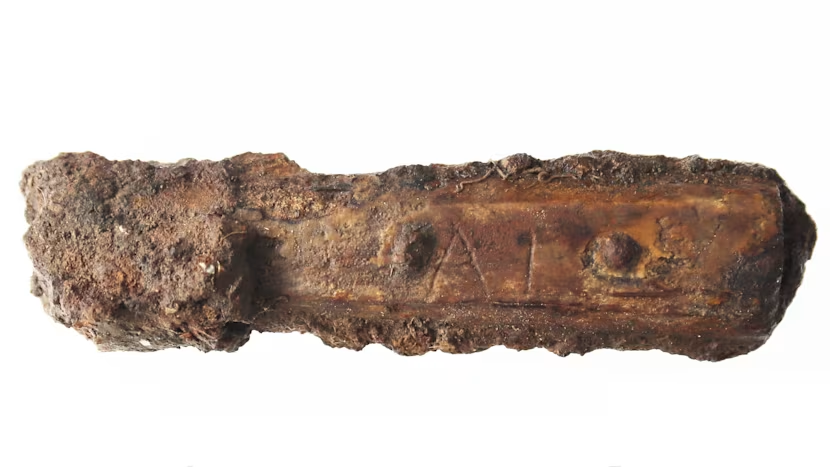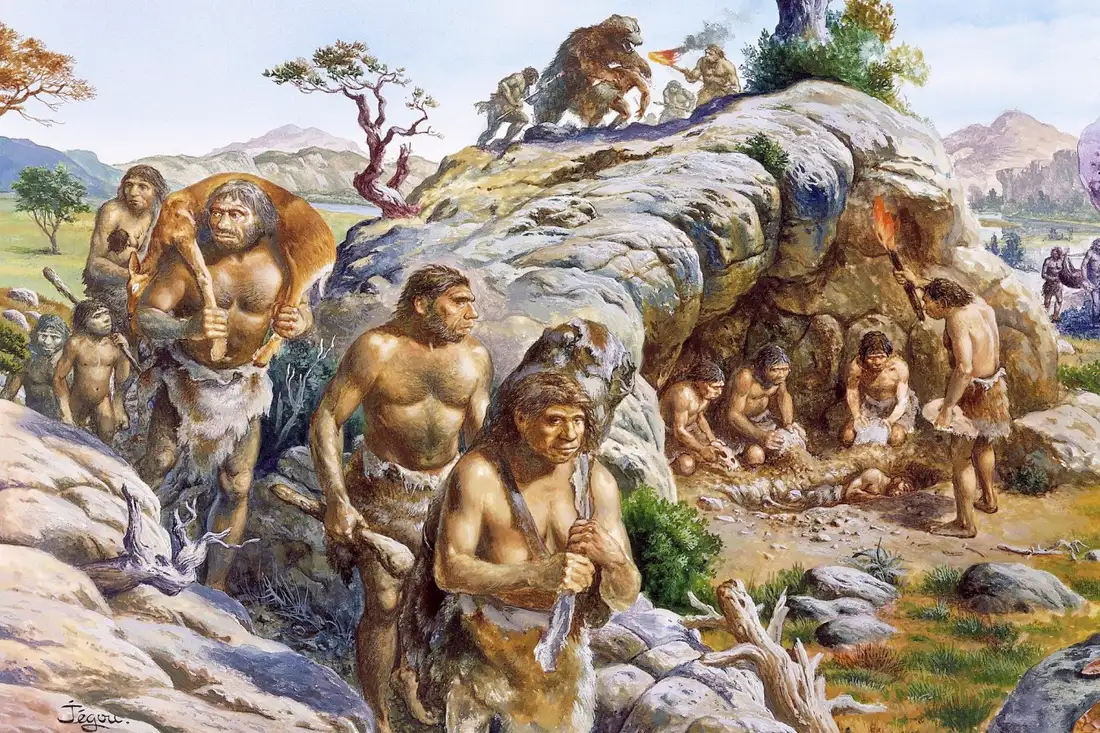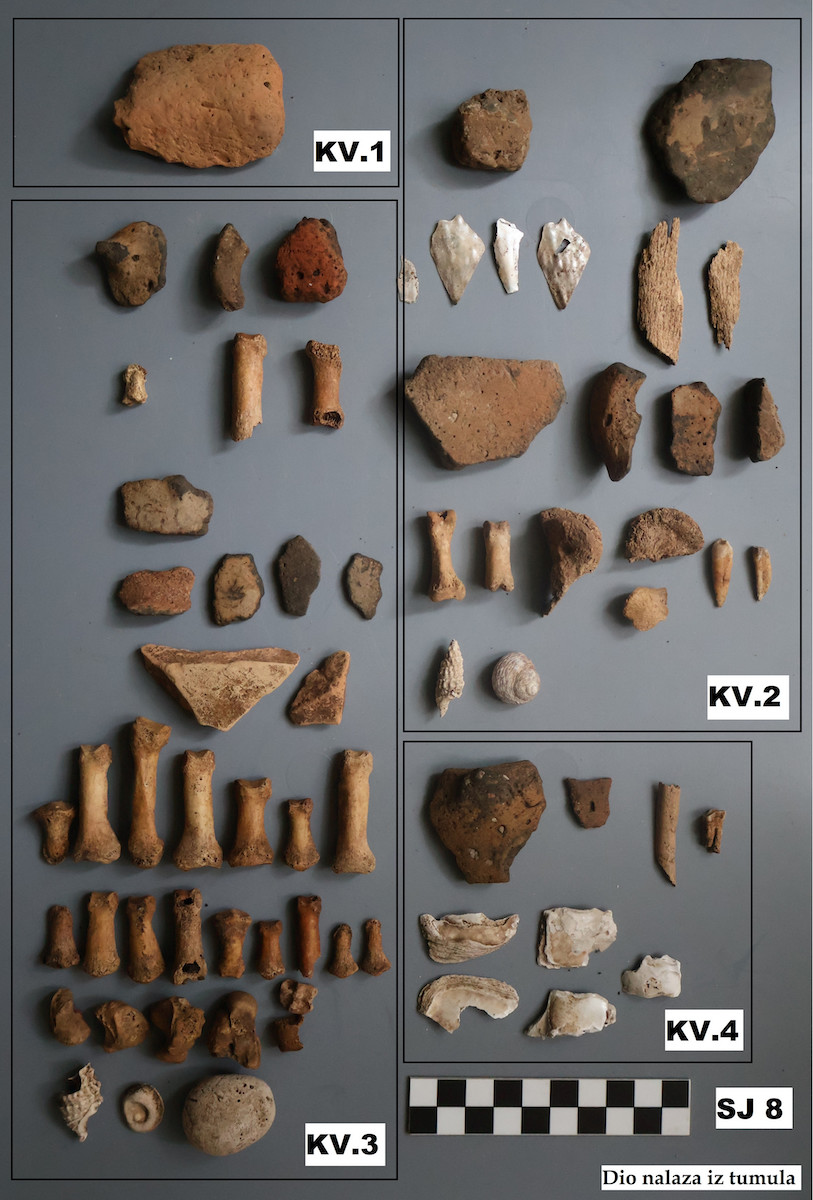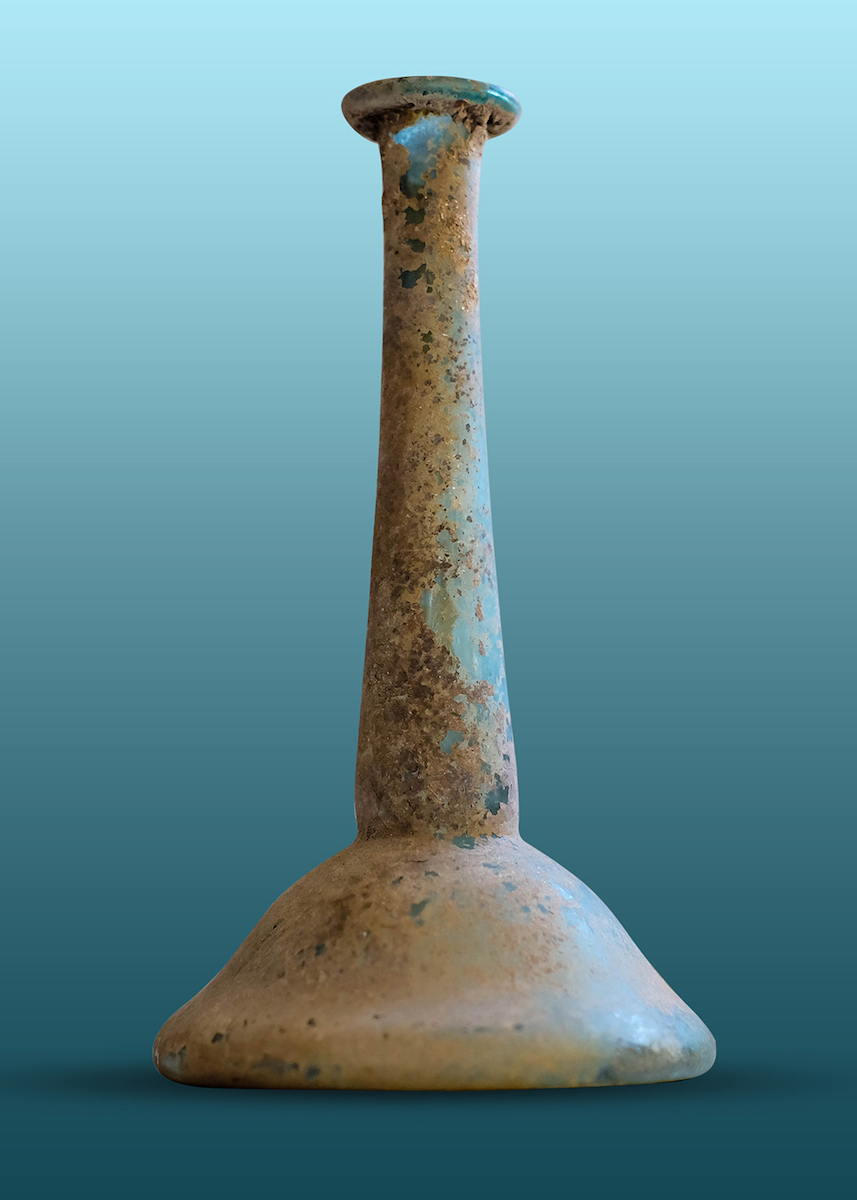Introduction
Salt, an essential mineral for human survival, has played a profound role in shaping civilizations and economies throughout history. Ancient trade routes, often referred to as "Salt Roads," facilitated the exchange of salt and other goods across vast territories, fostering economic prosperity, cultural diffusion, and the rise of complex societies. This article delves into the history of these vital trade networks, exploring their origins, significance, and long-lasting impacts.
The Importance of Salt in Ancient Societies
Salt was indispensable to ancient communities for various reasons. As a dietary necessity, it provided essential nutrients and helped maintain bodily functions. Additionally, salt was crucial for food preservation, enabling long-term storage and transportation of perishable items. In many cultures, it held spiritual and economic value, often serving as a medium of exchange or a symbol of wealth and power.
Major Salt Roads of the Ancient World
The Via Salaria (Italy): The Via Salaria, meaning "Salt Road" in Latin, was a prominent Roman trade route that connected Rome to the Adriatic coast. Salt extracted from coastal salt pans was transported inland, supplying Rome and its hinterlands. This road not only facilitated salt trade but also played a strategic role in military logistics and territorial expansion.
The Trans-Saharan Salt Routes (Africa): Across the vast Sahara Desert, camel caravans traversed treacherous landscapes to transport salt from mines in places like Taghaza and Taoudenni to markets in West Africa. Salt was exchanged for gold, ivory, and slaves, underpinning the economic and cultural exchanges between North and Sub-Saharan Africa.
The Ancient Chinese Salt Routes: In China, salt was a state-controlled commodity with trade routes dating back to the Shang Dynasty (1600–1046 BCE). The "Salt and Iron Monopoly" under the Han Dynasty (206 BCE – 220 CE) further centralized control over salt production and distribution. Salt roads connected inland provinces with coastal regions, ensuring a steady supply of this precious mineral.
The Himalayan Salt Routes (Asia): The Himalayan Salt Routes facilitated trade between the Indian subcontinent and Tibet. Salt from natural deposits in the Himalayas was transported through mountainous terrain to supply Tibetan communities, fostering economic ties and cultural exchanges.
Economic and Cultural Impact
The salt trade had profound economic implications, creating wealth and enabling the development of merchant classes in various societies. Salt taxes generated significant state revenue, particularly in China and Rome. Culturally, these trade routes became conduits for the exchange of ideas, languages, and technologies, knitting diverse communities into a complex web of interaction.
Decline and Legacy
With technological advancements and changes in trade dynamics, the importance of traditional salt roads gradually waned. Industrial salt production and improved transportation methods reduced reliance on these ancient networks. Nevertheless, the legacy of the Salt Roads endures in historical narratives, local traditions, and the infrastructure they left behind.
Conclusion
The Salt Roads were more than mere trade routes; they were arteries of civilization, enabling the flow of goods, ideas, and cultures across vast regions. Understanding these networks provides invaluable insights into the economic and social structures of ancient societies, reminding us of the enduring influence of salt in human history.



